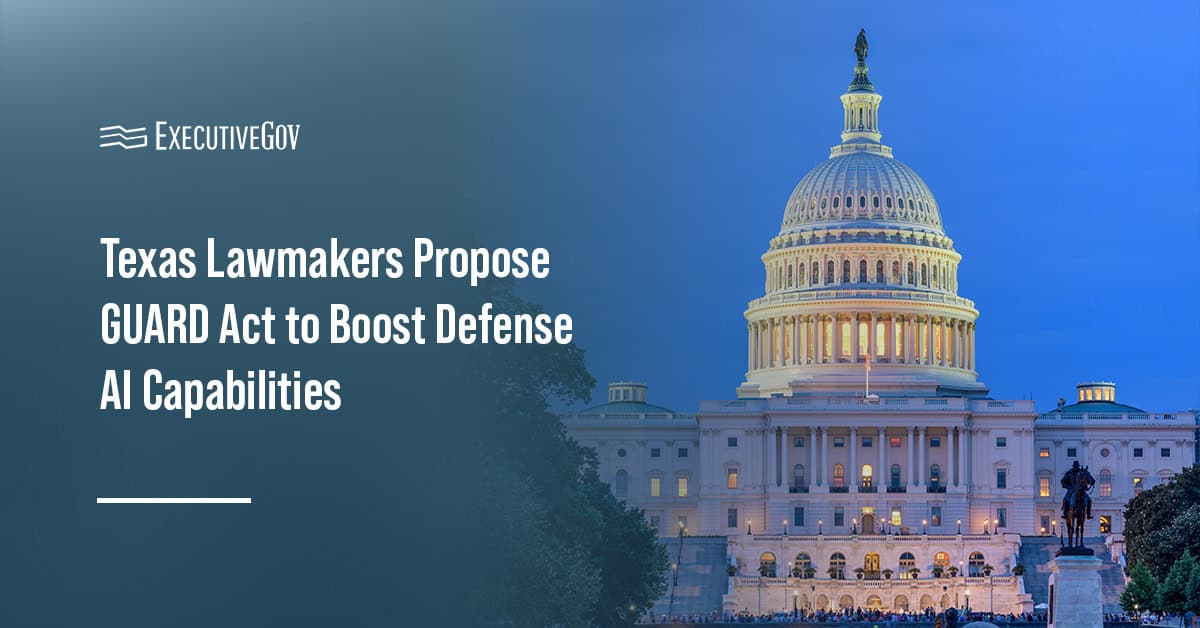
The U.S. Air Force is rolling out a predictive maintenance capability that deploys data analytics to identify aircraft components that need repairs before a system failure occurs, Air Force Times reported Sunday. The service has already tested the CBM+ predictive analytics technique on its B-1B Lancer, KC-135R tanker and C-5M aircraft at 10 Air Force bases worldwide.
“What this is able to do is allow us to keep our promises to the warfighters that depend on us, and allow us to save time and money over a long period of time,†Brig. Gen. Steven Bleymaier, the Air Mobility Command’s director of logistics, engineering and force protection, told reporters at a recent conference call.
The Air Force plants to implement CBM+ to all C-130 variants starting this summer and has identified installations in Texas, Illinois, New York and Missouri as the first C-130 bases that will leverage the capability.





